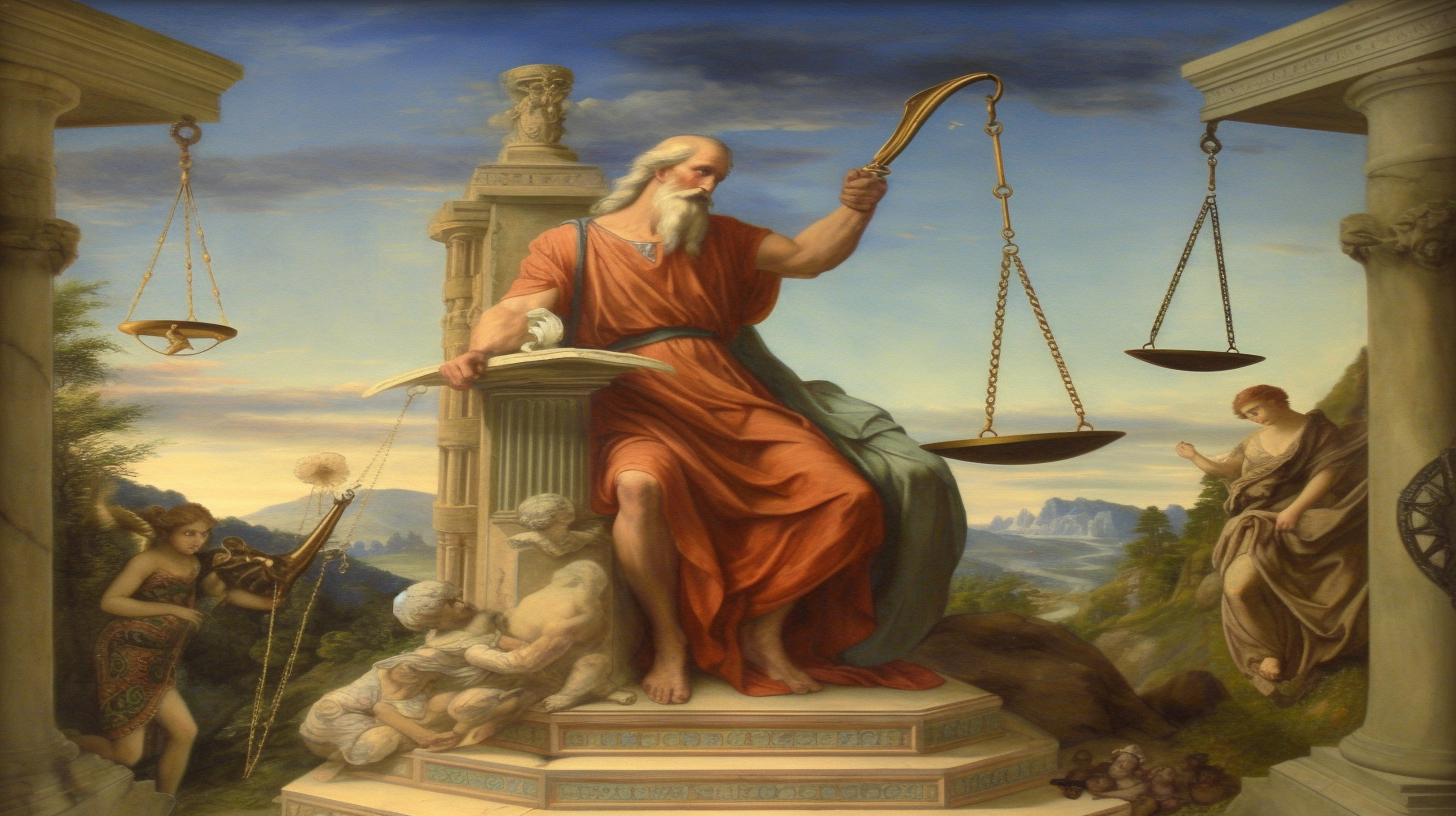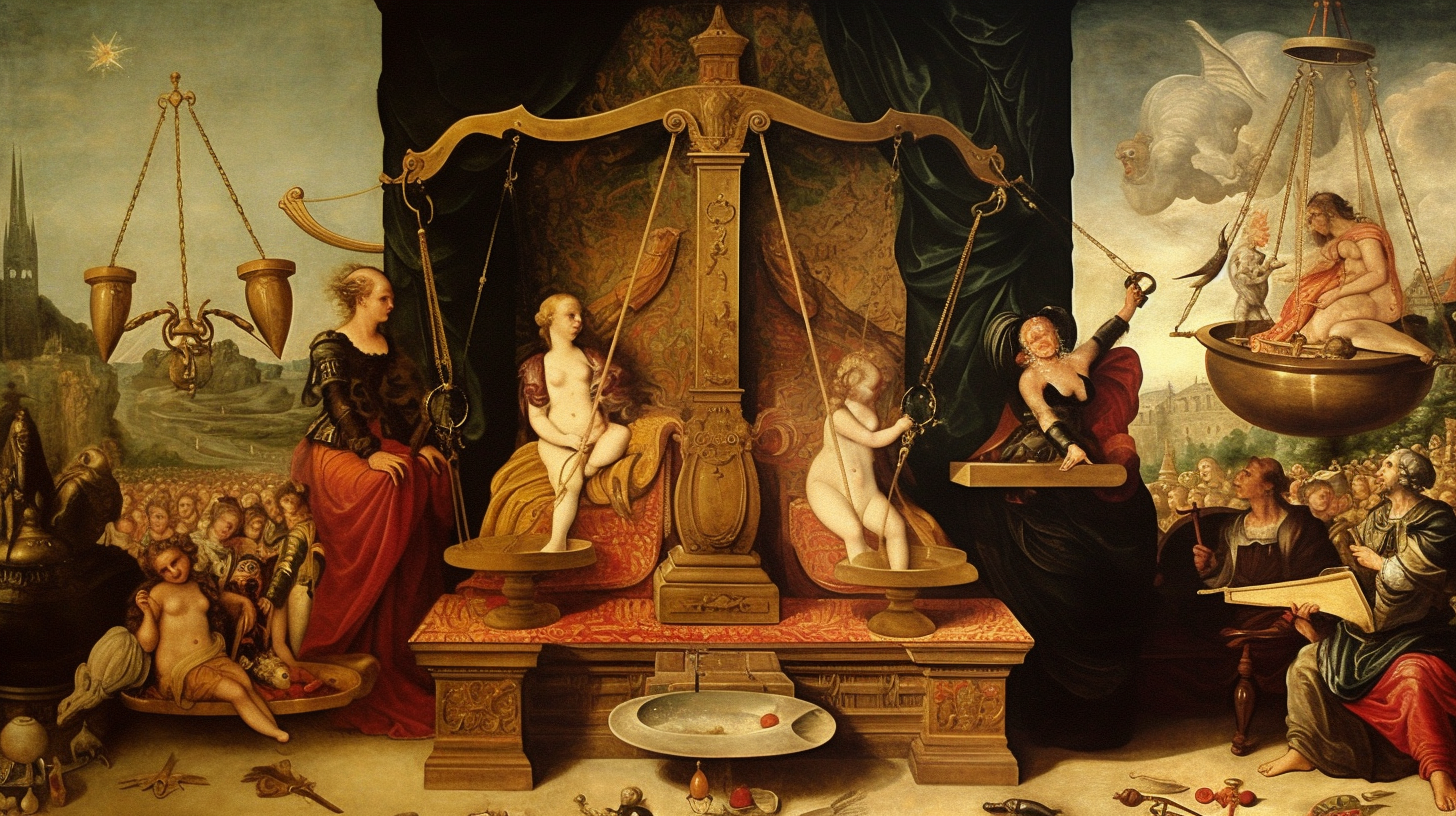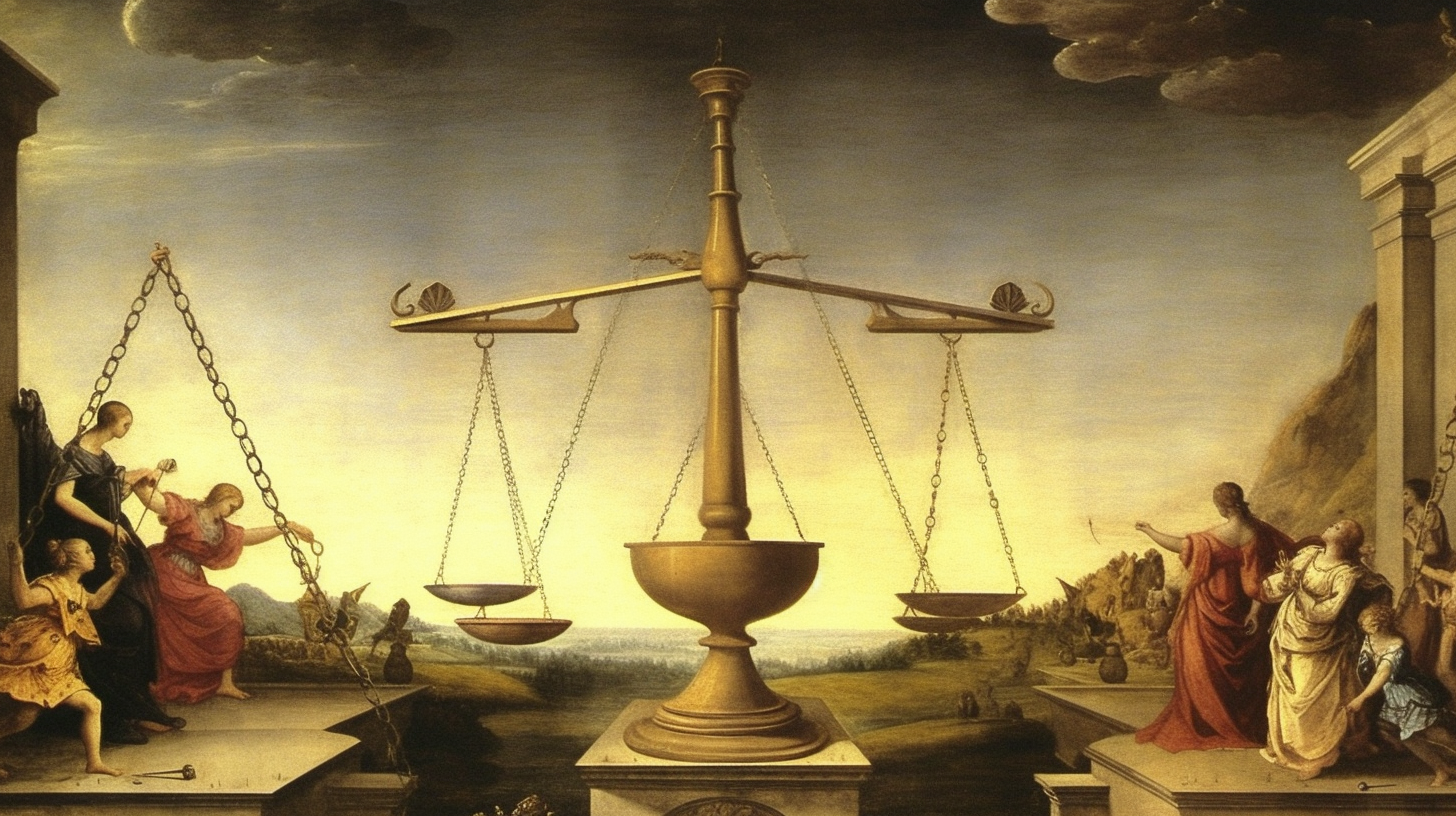The Philosophy of Morality: Ethical Dilemmas in the Modern Age
In an era dominated by moral relativism and shifting societal norms, the search for moral certainty has become an increasingly perplexing endeavour. The Philosophy of Morality encompasses many ethical dilemmas that challenge our deeply ingrained assumptions and force us to reevaluate the foundations of our moral frameworks. This article critically examines these dilemmas, eschewing the comfort of conventional wisdom in favour of intellectual rigour, historical context, and a dash of wit. Join me as we unravel the intricate tapestry of moral philosophy in the modern age.
The Illusion of Moral Absolutes:
Engaging with the Philosophy of Morality is confronting the inherent illusory nature of moral absolutes. It is tempting to seek definitive answers to complex ethical questions, but history has shown that such a quest often leads to dogmatism and a dangerous disregard for human autonomy. The fallibility of moral certainty is best illustrated by the countless atrocities committed throughout history under the banner of moral righteousness.
Consider, for instance, the Crusades of the Middle Ages, where religious zealots believed they possessed a divine mandate to wage holy wars and commit unspeakable acts of violence. The Crusaders' unwavering commitment to their moral cause, based on misguided absolutism, demonstrates the dangers of embracing certitude without critical self-reflection. Likewise, our capacity to challenge conventional wisdom and recognize the fallibility of our moral judgments is essential to navigating the intricate moral landscape of the modern age.

Moral Relativism: The Pillar of Pluralistic Societies:
The rise of moral relativism has been a natural response to the shortcomings of absolute ethical systems. Critics argue that moral relativism erodes the foundations of objective truth and allows for accepting any behaviour or belief. However, when properly understood, moral relativism can provide the necessary flexibility to accommodate the diverse perspectives within pluralistic societies.
Immanuel Kant, a prominent figure in moral philosophy, argued that ethical principles should be based on rationality and universality. While this notion resonates with our desire for moral clarity, it fails to acknowledge the cultural and historical contingencies that shape our moral sensibilities. By recognizing the relativity of morality, we believe in the fluid nature of human experience and the necessity of adapting ethical frameworks to fit our ever-evolving social context.

Historical Context: Lessons from the Past:
To understand the Philosophy of Morality in the modern age, we must appreciate the insights gleaned from history. It is through examining past moral quandaries that we gain a broader perspective on our present dilemmas.
During the Enlightenment period, they witnessed a profound shift in moral philosophy, with thinkers like John Locke and Jean-Jacques Rousseau advocating for the importance of individual rights and autonomy. Their ideas challenged the prevailing notions of divine authority and hierarchical societal structures. The moral progress we have achieved today, such as the recognition of gender equality and LGBTQ+ rights, owes much to the courage of those who dared to challenge the conventional moral order of their time.
However, it is essential to remember that historical progress does not equate to moral infallibility. The same Enlightenment thinkers who championed individual rights also grappled with their moral blind spots. For example, Rousseau's advocacy for a "general will" obscured the rights of marginalized groups, while Locke's theory of property rights perpetuated colonialist endeavours. Recognizing the limitations of even the most influential moral philosophers allows us to critically evaluate their ideas and refine our moral discourse.

In the face of ethical dilemmas in the modern age, unapologetic pursuit of intellectual rigour and critical engagement is essential. We must embrace the paradoxical nature of morality, acknowledging the fallibility of absolute certainty while resisting the temptation of moral relativism's moral vacuum.
By drawing on historical references, we gain insights into our progress and the pitfalls we must avoid. Moreover, engaging critically with conventional wisdom and challenging established moral frameworks opens the door to a more inclusive and nuanced understanding of ethics.
As we grapple with the complexities of the Philosophy of Morality, let us remain humble in the face of our limitations. Pursuing moral certitude may elude us, but the journey toward greater compassion, empathy, and justice is worth undertaking. Through our unyielding commitment to intellectual rigour and an unwavering quest for truth, we can navigate the ever-shifting moral landscape of the modern age.

Plato Re-Imagined
This course offers 32 comprehensive lectures exploring most of Plato's dialogues. These lectures guide students toward a consilient understanding of the divine—a concept that harmonizes knowledge across disciplines and resonates with secular and religious leaders. As a bonus, Lecture #33 focuses on consilience, demonstrating how different fields of knowledge can converge to form a unified understanding.






